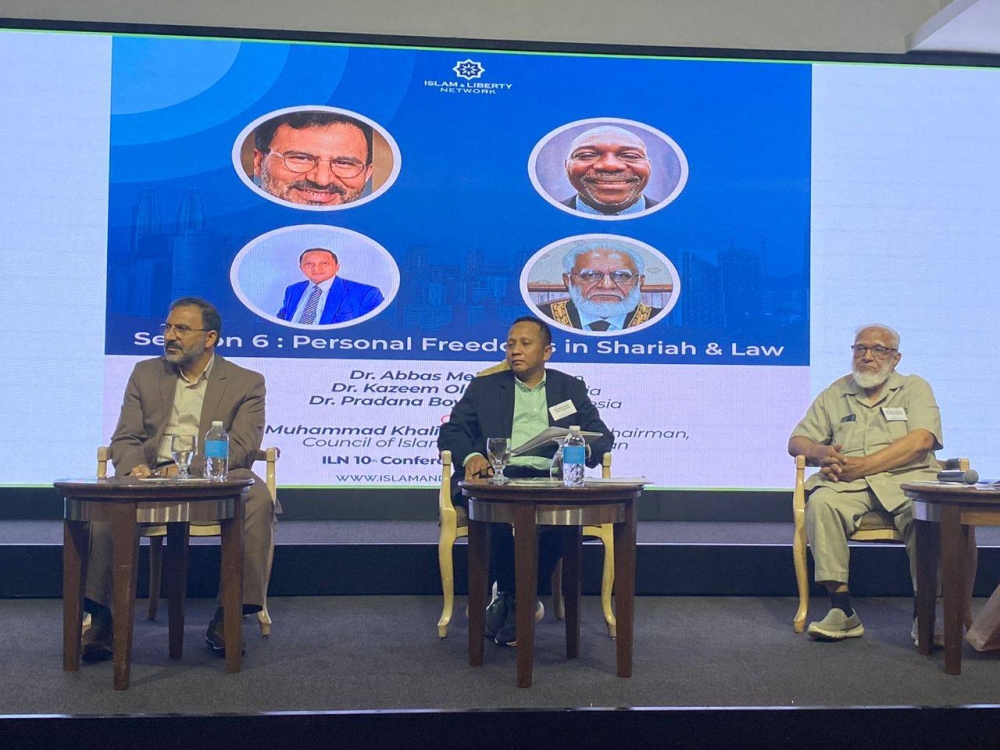How does Indonesia balances religious diversity and freedom?

KUALA LUMPUR - Indonesia is a Southeast Asian nation with a rich cultural tapestry, and its multi-religious society is a testament to its commitment to diversity and freedom.
This was explained by Muhamadiyah Malang (UMM) Associate Professor Dr Pradana Boy Zulian from Indonesia, during his presentation titled 'Religious Rights in Indonesia' at the 10th International Islam and Liberty Conference (ILN), held at the Concorde Hotel in Kuala Lumpur today.
Pradana pointed out that Indonesia officially recognises and embraces six religions: Islam, Catholicism, Protestantism, Hinduism, Buddhism, and Confucianism.
"This recognition underlines Indonesia's steadfast commitment to cultural and religious diversity," he added.
With approximately 87 per cent of the population being Muslim in Indonesia, he stressed the importance of recognising the diverse tapestry of Indonesian Muslims.
"It encompasses traditionalism, modernist groups, conservative and progressive tendencies, reflecting the multifaceted nature of this dominant faith," he explained.
He also highlighted that Indonesia does not fit into the category of a religion-based state, nor does it adhere to the secular model.
Instead, it actively acknowledges and respects its citizens' religious diversity, incorporating religious values into its laws and policies.
During his presentation, he also discussed the involvement of various stakeholders in shaping religious freedom in Indonesia, including the government, semi-official organiations, and conservative societal groups.
"These entities collectively shape the country's approach to religious freedom, often resulting in complex relationships between majority and minority religious communities and highlighting the diversity within the Islamic faith in Indonesia itself," he added.
The ILN conference, in its second day, aims to provide a comprehensive understanding of religious, political, economic, peace, and prosperity matters in Muslim-majority countries.
The two-day conference is organised by the Islam and Liberty Network Foundation with the support of the Atlas Network, the Network for a Free Society, and Amanie Advisors, in collaboration with Emir Research and the Institute for Leadership and Development Studies (LEAD).
Download Sinar Daily application.Click Here!















